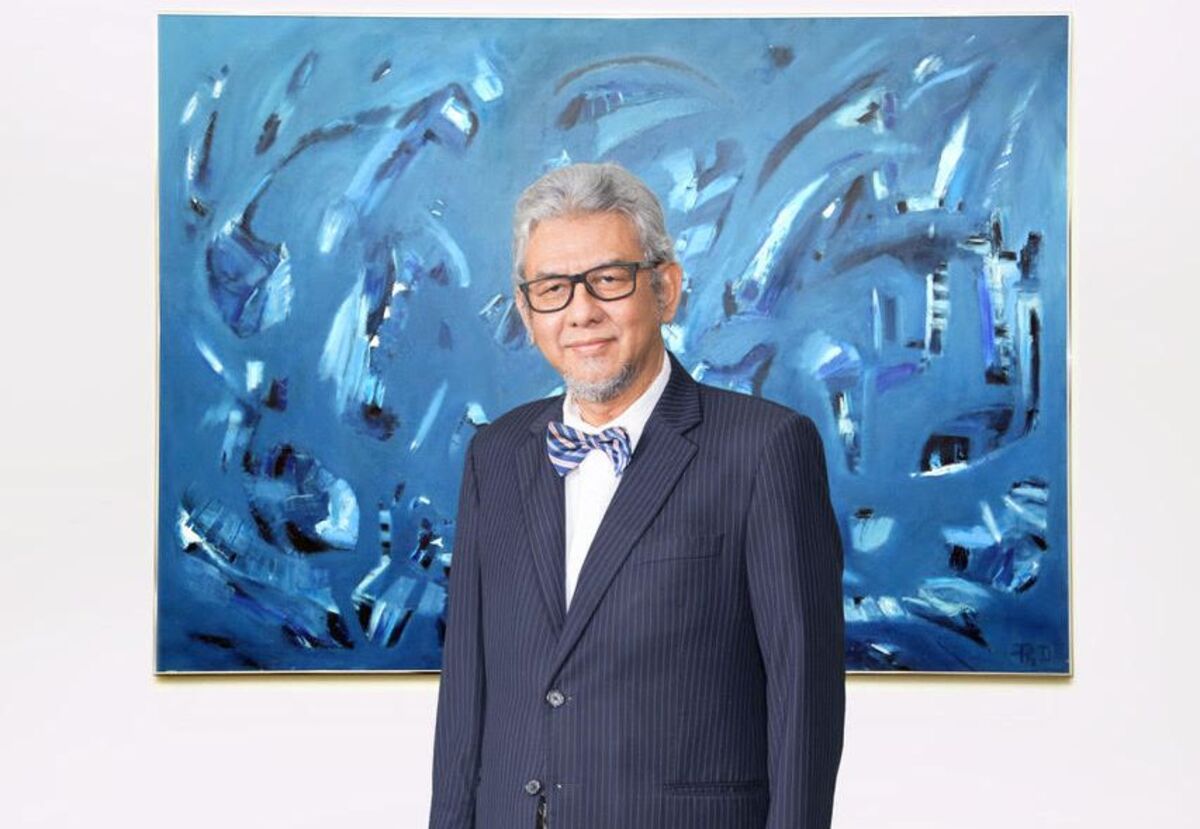KUALA LUMPUR, April 3 – Former Health deputy director-general (public health) Prof Dr Lokman Hakim Sulaiman yesterday slammed the declassification of liquid nicotine as a controlled substance, amid the absence of vape and e-cigarette regulations.
Dr Lokman, who is also a public health professor at International Medical University (IMU) and a fellow at the Academy of Sciences Malaysia, warned that the removal of liquid nicotine from control under the Poisons Act 1952 would see the import of e-liquids without any control of nicotine content.
Small local vape businesses, he said, could also simply create products without caps on nicotine content “at an alleyway store”, questioning how nicotine concentrations could be measured or which body would control this.
“May Allah protect you all and especially our Malaysian children and will deal with those policymakers who make this most ridiculous public health policy decision I have ever seen,” Dr Lokman posted on his Facebook page yesterday.
“It is like they open the floodgate when they do not have the key to close it back, almost nearing stupidity in policymaking.
“The least the government can do to rectify this horrendous decision is to withhold taxation of vape as demanded by all health professional bodies, until an Act that can regulate it be enacted by Parliament. Don’t ever mention amending PKHT under the Food Act, the topic of my next entry!”
PKHT refers to the Control of Tobacco Products Regulations 2004 that only regulates conventional cigarettes and other tobacco products, without covering e-cigarettes and vape.
Health Minister Dr Zaliha Mustafa exercised her ministerial powers last Friday to exempt liquid and gel nicotine used in e-cigarettes and vaporisers from the Poisons List – overruling the Poisons Board that unanimously rejected the proposal – for the government to tax e-liquids from last April 1.
Malaysia currently has no regulations whatsoever on vape or e-cigarettes with nicotine, such as restrictions on sale to minors under 18; restrictions on ingredients, nicotine content, or volume of e-liquids for sale; labelling requirements and warnings; or bans on advertising, promotion and sponsorship.
The Ministry of Finance (MOF), in a statement yesterday, told vape industry players, particularly local manufacturers of e-liquids containing nicotine, to register their manufacturing activity with the Customs Department by April 30. Excise duty of 40 sen per ml of e-liquids with nicotine was imposed starting April 1.
Dr Lokman said the risk of acute nicotine poisoning from liquid form was higher than nicotine found naturally in tobacco leaves.
“To parents, teenagers, and children, especially those who are still in school, nicotine is a scheduled poison with harmful effects on humans. That’s why it has been controlled under the Poisons Act all this while,” he wrote.
“It is considered a poison because at certain doses, it can cause harm, such as an excessively fast heartbeat (arrhythmias) and it can cause death.”
Dr Zaliha said in a statement Saturday that the government aimed to table a “new” bill on tobacco and vape control, including provisions on the generational end game (GEG), in the next parliamentary meeting in May.
The Control of Tobacco Product and Smoking Bill 2022 stalled in the 14th Parliament due to opposition from MPs on both sides of the aisle towards the GEG that sought to ban tobacco and vape products for anyone born from 2007.
After the declassification of liquid nicotine as a poison, the Vape Consumer Association of Malaysia reportedly urged the government to exclude vape products from the GEG, saying that e-cigarettes should be treated as a tobacco harm reduction tool like in New Zealand.








